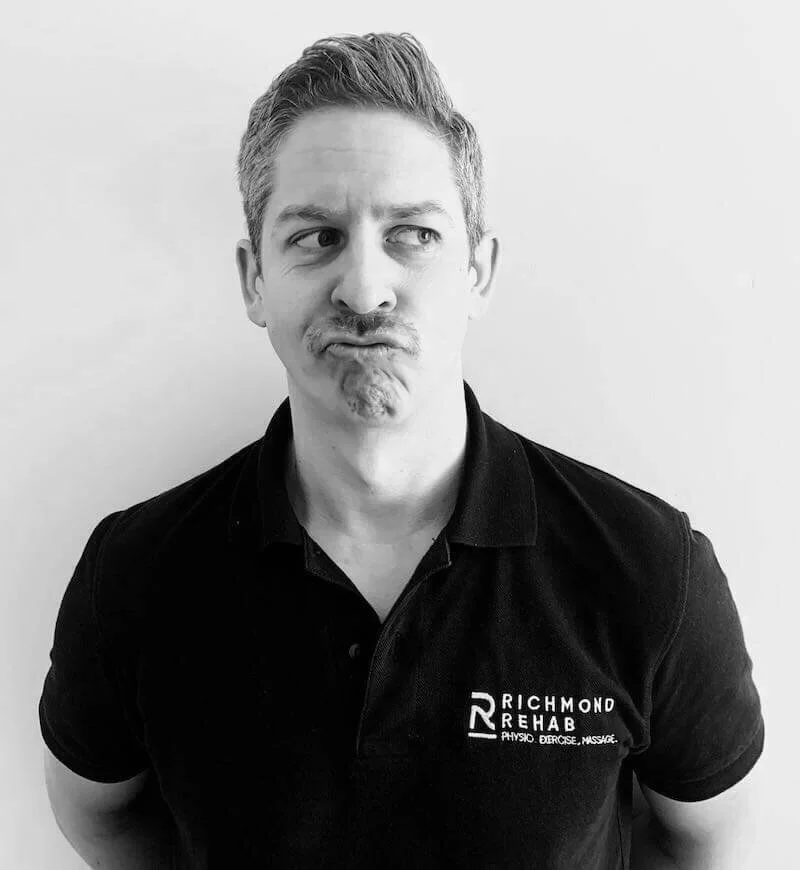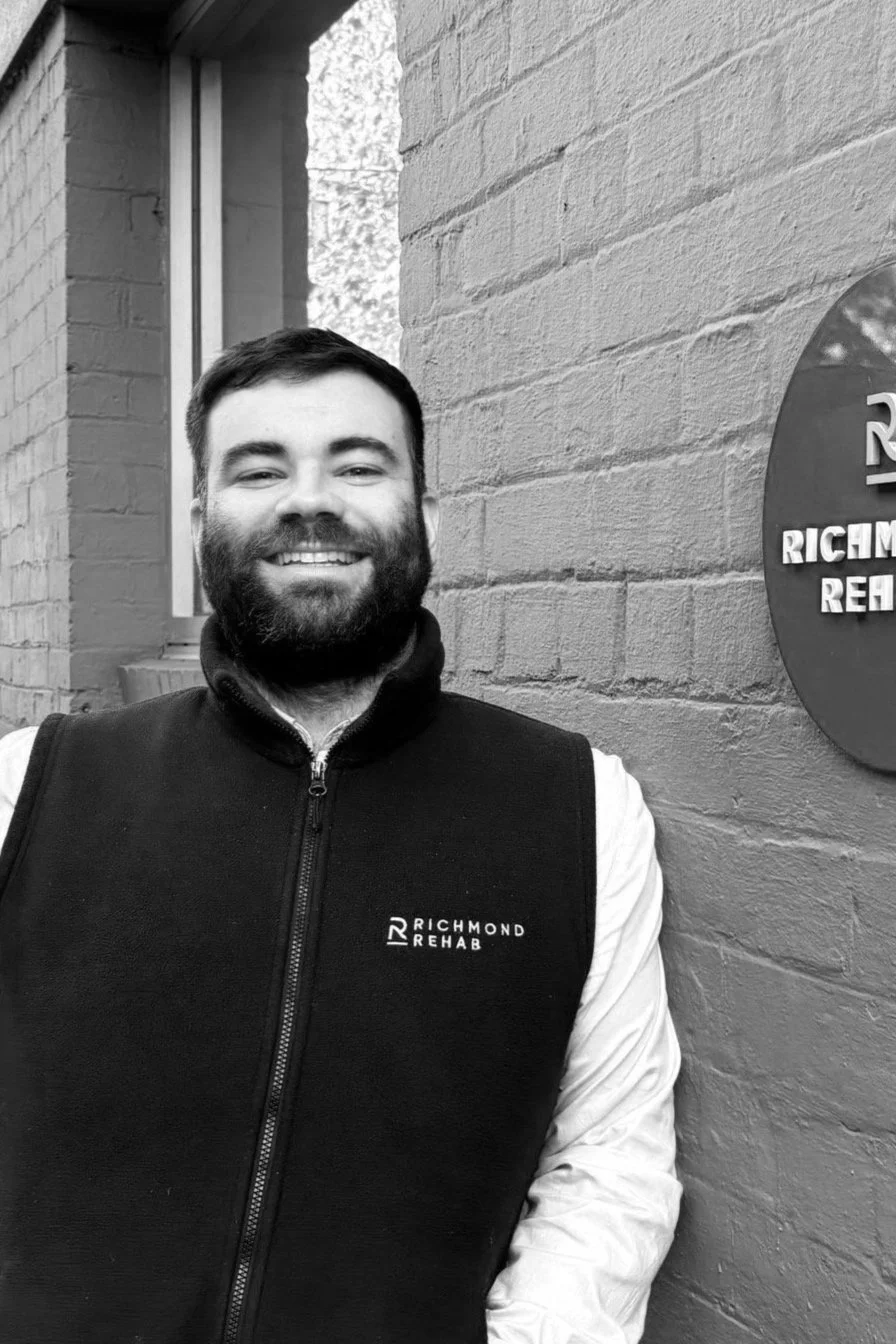
Physiotherapy, Massage & Exercise in Cremorne, Vic
We provide sensible, evidence-based treatment to help you move more comfortably and stay active.
Whether you’re managing a new issue, post-surgical rehab, or ongoing niggles.
Move Better
Feel Better
Move Better Feel Better
Physiotherapy
Movement-focused care for injury, recover, and long-term confidence.
Massage Therapy
Remedial, sports, and relaxation massage by qualified therapists.
Clinical Pilates
Physio-led sessions tailored to your needs, strength, and goals.
Rehab Classes
Small group sessions focused on strength and return to activity.
At Richmond Rehab, we take the time to listen, ask questions, and offer treatments that actually make sense.
Meet The Team
Luke Anthony
Clinic Director & Physiotherapist. Guides the team and keeps things grounded in practical, evidence-based care.
Jesse Dean
Senior Physiotherapist with a focus on shoulder injuries, rehab planing, and mentoring.
Hazel Tam
Physiotherapist passionate about pilates, spinal pain, and sports injuries.
Julius Principe
Myotherapist treating pain, tension, and soft tissue restriction. Works closely with physio to support hands-on care.
Walter & Sylvie
Occasionally excited. Always friendly. They’re here when you need a little extra support… or a tail wag.
Good care isn’t about having all the answers.
It’s about knowing when to pause, reassess and refer.
Ready to get started?
Book online at time that suits you, or get in touch if you have questions.










